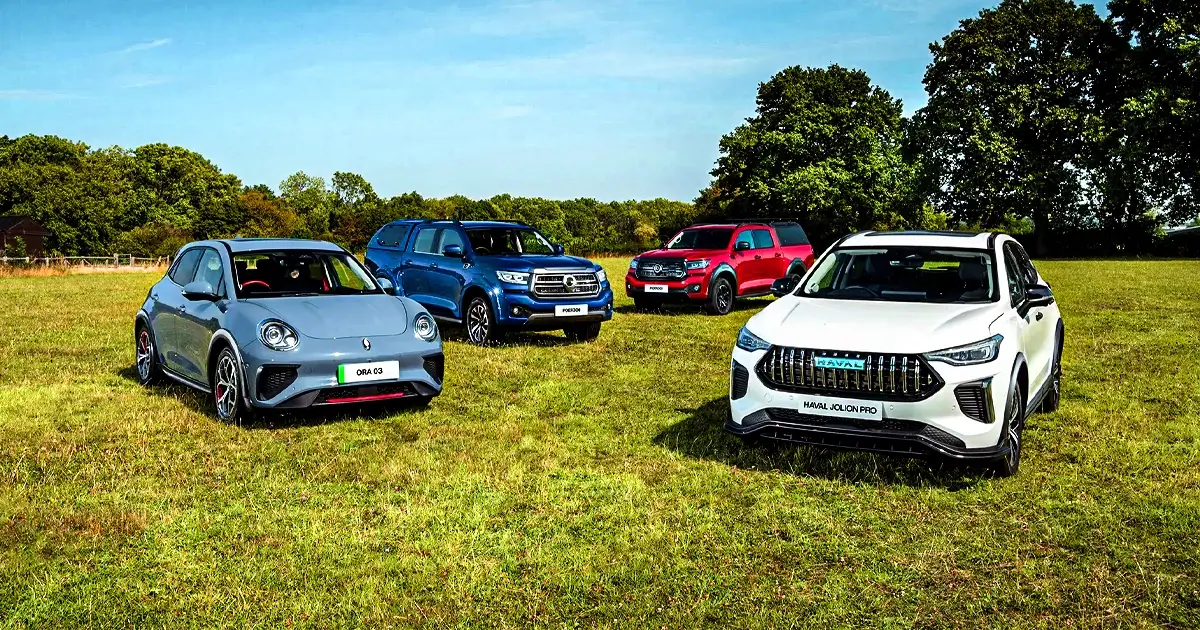If you’ve ever felt that paying the same road tax as someone who drives ten times more than you seems unfair, you’re not alone. A recent survey has revealed that a growing number of UK drivers want a fairer vehicle tax system one that’s based on how much you actually drive.
The research, conducted among 2,000 UK motorists by Tempcover and reported by the Driving Instructors Association and London Loves Business, paints a clear picture: drivers are ready for change.
A Call for Fairness on the Road
According to the survey, 22% of UK drivers believe that the current road tax system is unfair. At present, Vehicle Excise Duty (VED) is mainly based on factors such as CO₂ emissions and vehicle type not on how much you use the road.
But the survey results show that many motorists think it’s time for something more balanced. Nearly 30% of drivers said that tax should be calculated based on mileage driven, following a “pay-as-you-drive” principle. In simple terms, if you drive less, you pay less.
It’s a concept that instantly makes sense to many. People who use the roads less often feel they shouldn’t be paying the same as those clocking up thousands of miles each year. With rising fuel costs and insurance premiums, a usage-based system could be the fairer and more transparent approach that drivers are asking for.
What Other Drivers Think Is Fair
While the mileage-based idea came out on top, other approaches also received some support.
- 18% of respondents said car tax should depend on emissions, rewarding cleaner vehicles and penalising polluters.
- 14% preferred a flat annual fee that applies equally to all drivers.
- 13% favoured tax based on vehicle type, such as SUVs, hatchbacks, or hybrids.
These preferences show how divided opinions can be when it comes to what’s “fair,” but the overall trend is clear drivers want a tax system that reflects both usage and environmental impact.
The Link Between Driving Habits and Fairness
Among those who supported mileage-based taxation, three out of four (75%) believe that drivers who travel more miles should pay higher annual tax. It’s a straightforward view the more you drive, the more wear you cause to roads and the more carbon you emit.
Similarly, 87% of those who favoured emissions-based taxation agreed that vehicles producing more emissions should face higher costs. Environmental responsibility is clearly part of the fairness equation for many drivers.
Interestingly, opinions were also split on vehicle age. About 45% of respondents said newer cars should attract higher taxes, while 34% thought older cars should pay more. This could be due to perceptions that newer vehicles are more expensive and therefore owned by those more able to afford higher taxes or that older cars are less efficient and more polluting.
Diesel, Petrol, or Electric — Who Should Pay More?
The survey also explored which vehicle types should be taxed the most. Diesel owners came out as the least sympathetic group, with 43% of respondents saying diesel vehicles should pay the highest rate. Meanwhile, 19% felt electric car owners should pay more, possibly reflecting concerns that EV drivers currently benefit from too many exemptions. Only 16% thought petrol cars should face the highest tax.
This shows that while drivers want fairness, there’s still debate over how it should apply in practice. The rise of electric vehicles has complicated the conversation, especially as governments look for ways to replace the fuel duty revenue that EVs no longer contribute.
Could a Mileage-Based Tax Work?
On paper, a “pay-per-mile” system sounds simple. But in reality, implementing it would be more complicated. Authorities would need a reliable way to measure mileage possibly using annual odometer checks, smart devices, or even connected car data.
That immediately raises privacy and logistical concerns. Who tracks the data? How often is it reported? What happens if someone drives across borders? These are questions that would need careful consideration before such a system could be adopted.
Also Read:
- Audi GT50 Concept: A Loud Reminder of Why Car Enthusiasts Fell in Love With Audi
- Nearly 30% of UK Drivers Believe Car Tax Should Be Based on Mileage — Survey
- Why Planes and Boats Escaped the Luxury Tax But Cars Didn’t
- Australia’s Headlight Confusion: Authorities Warn Drivers After Viral $250 Headlight Rule Goes Wild Online
- 2025 Hyundai Venue Facelift Launched in India – Full Details, Variants, and Price
Still, the principle behind it fairness is hard to argue against. Drivers who use their cars occasionally for short trips feel penalised under the current structure. A usage-based system could encourage people to drive less, use public transport more, and ultimately reduce emissions.
A Fairer Road Ahead
This survey doesn’t just highlight frustration; it shows a shift in mindset. British drivers aren’t rejecting taxation they’re asking for logic and fairness. They want a system that makes sense in the modern world, especially as the country transitions toward electric mobility.
If the government ever decides to rethink vehicle taxation, it’s clear that many motorists would support a “drive more, pay more” model.
Whether that change comes soon or not, one thing is certain: the traditional way of taxing vehicles no longer feels fair to many. The road to a more balanced system might still be long, but drivers have made their message clear it’s time for taxes that reflect how we really drive.
